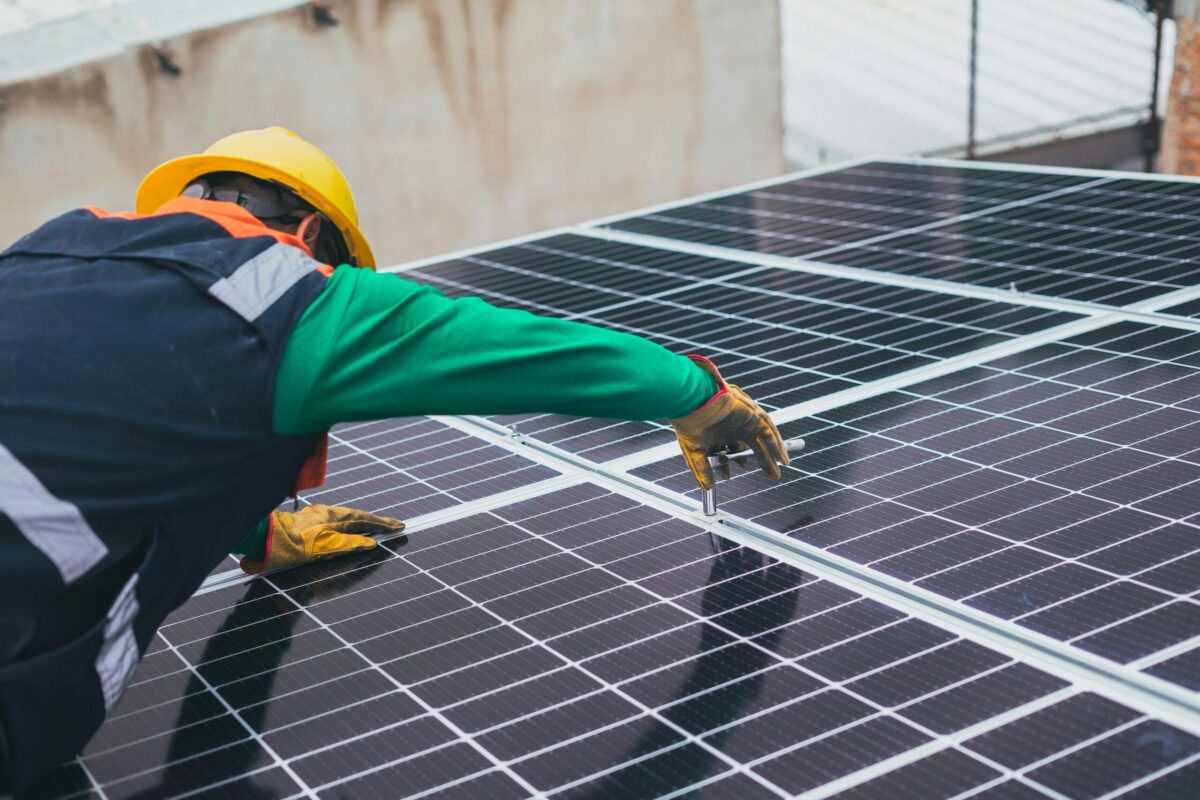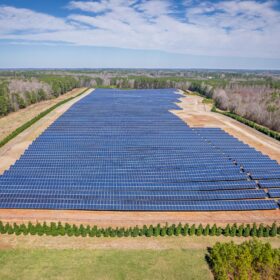Platte River Power Authority this week issued a request for proposals (RFP) to obtain up to 250 megawatts (MW) of new photovoltaic solar generating capacity that could begin producing noncarbon energy by 2025.
Platte River Power Authority is a not-for-profit, community-owned public power utility that generates and delivers energy and services to customers in the Colorado towns of Estes Park, Fort Collins, Longmont and Loveland, Colorado. Its generation portfolio includes coal, wind, hydro, solar and gas resources and will in the future rely more extensively on non-carbon energy, due to the Resource Diversification Policy that was adopted in 2018. The policy calls for pursuing a 100% noncarbon energy mix by 2030, provided the organization’s core pillars are upheld. With an additional 250 MW of solar generating capacity, the utility estimates its overall annual energy production will be approximately 54% noncarbon.
“As we continue to work toward achieving the Resource Diversification Policy goal, our ongoing challenge will be to maintain Platte River’s core pillars to safely provide reliable, environmentally responsible and financially sustainable energy and services during a time of rapidly improving technology and resource costs,” said Jason Frisbie, general manager and CEO of Platte River. “We need to proactively manage the intermittency of renewables as we continue to diversify our portfolio in preparation for a future without dispatchable coal resources.”
The RFP calls for the largest amount of new, noncarbon generating capacity to date and encourages proposed projects to include a battery energy storage component capable of providing 100% of the project’s nameplate capacity for at least four hours and be dispatchable by Platte River when needed.
“Connecting solar and battery storage on both the transmission and distribution systems will improve reliability and further advance our strategy of system integration,” added Frisbie. “The goal is to have distributed energy resources in every owner community.”
Proposals are due Feb. 18, 2022, after which Platte River will develop a short list of potential projects that add up to approximately 250 megawatts and sign power purchase agreements later in the year.
This content is protected by copyright and may not be reused. If you want to cooperate with us and would like to reuse some of our content, please contact: editors@pv-magazine.com.









By submitting this form you agree to pv magazine using your data for the purposes of publishing your comment.
Your personal data will only be disclosed or otherwise transmitted to third parties for the purposes of spam filtering or if this is necessary for technical maintenance of the website. Any other transfer to third parties will not take place unless this is justified on the basis of applicable data protection regulations or if pv magazine is legally obliged to do so.
You may revoke this consent at any time with effect for the future, in which case your personal data will be deleted immediately. Otherwise, your data will be deleted if pv magazine has processed your request or the purpose of data storage is fulfilled.
Further information on data privacy can be found in our Data Protection Policy.